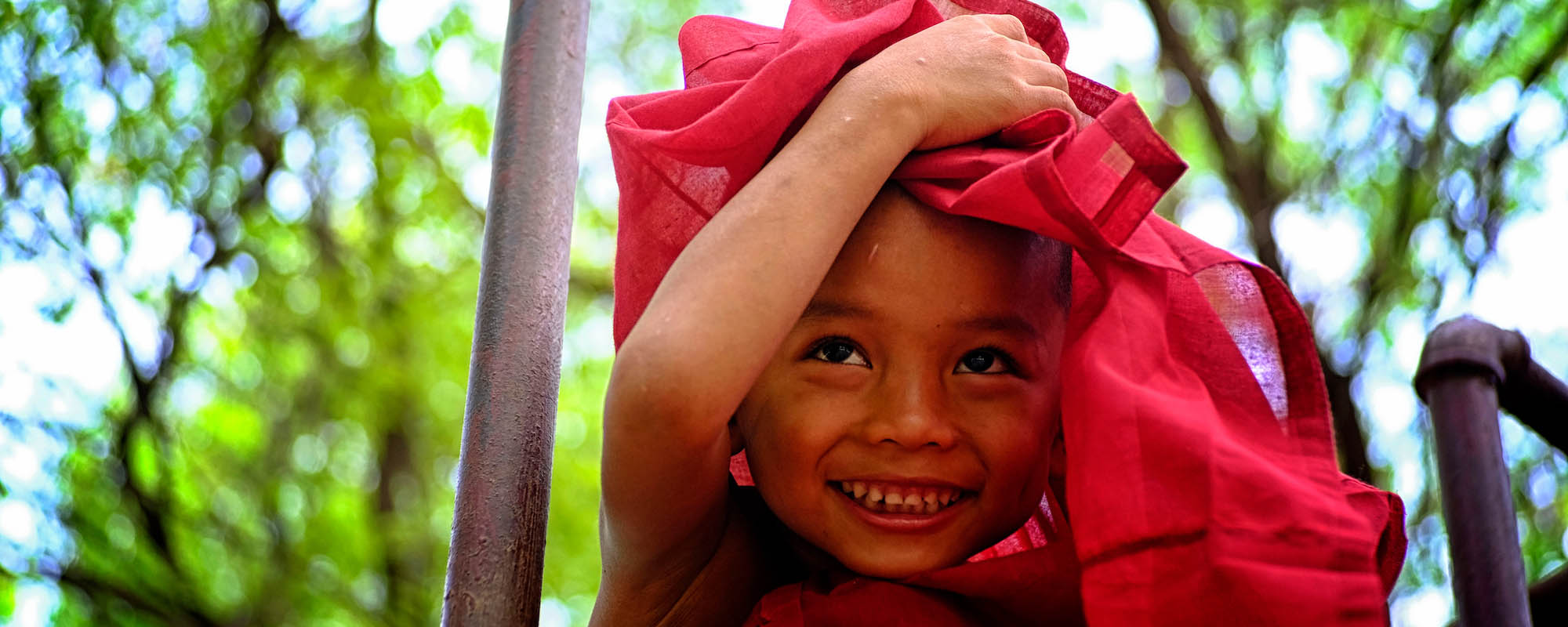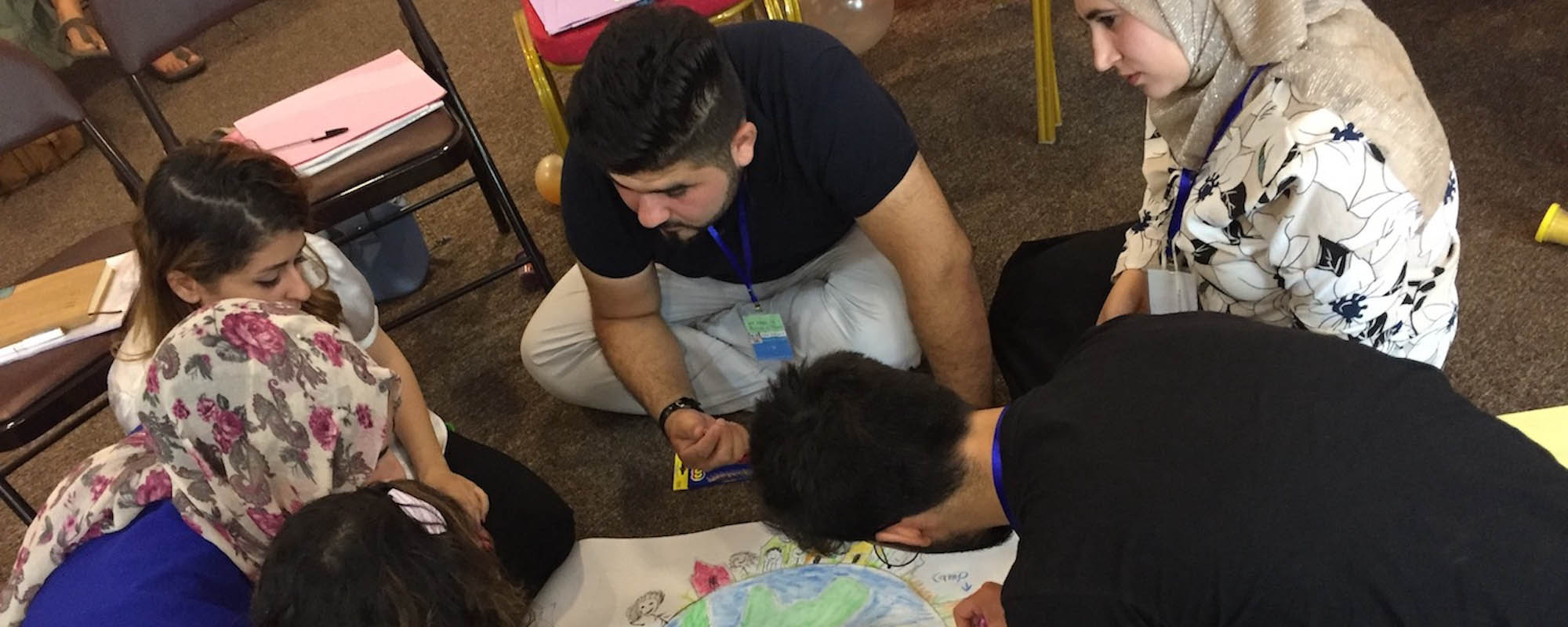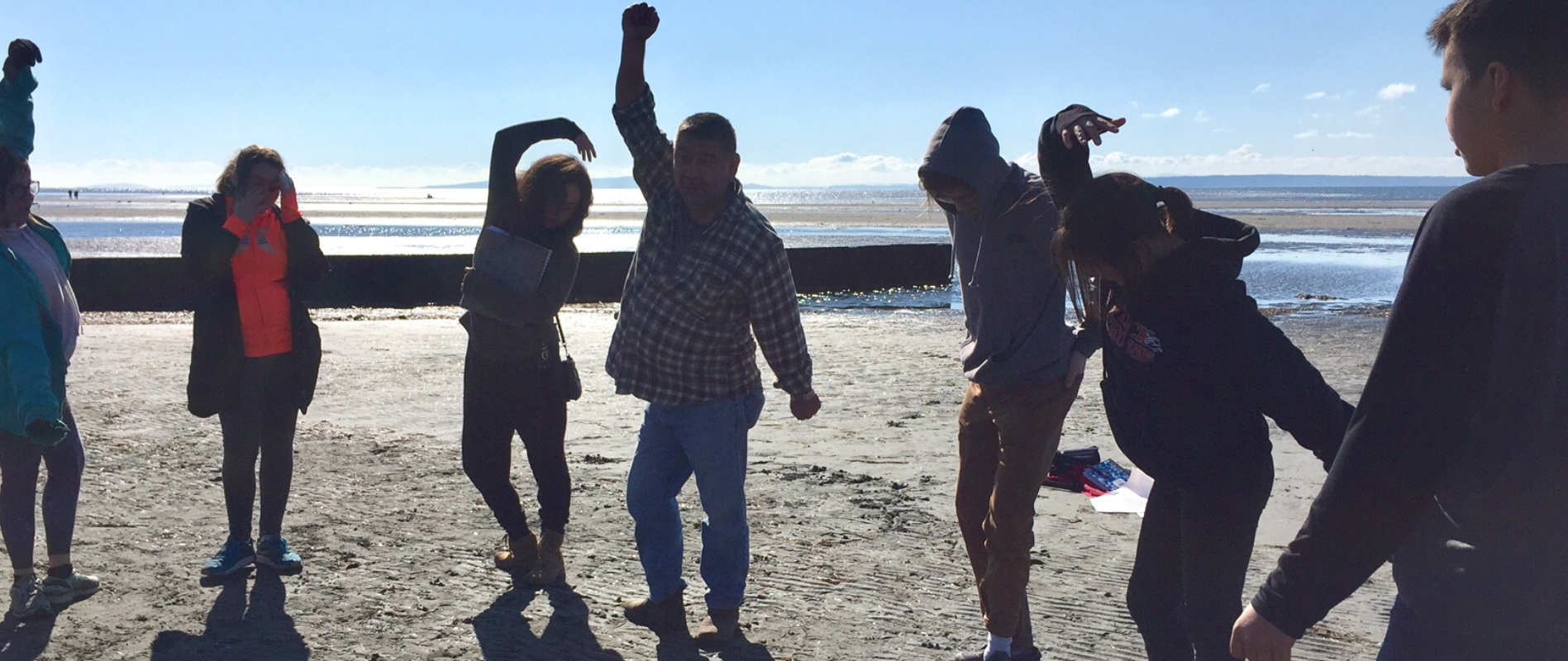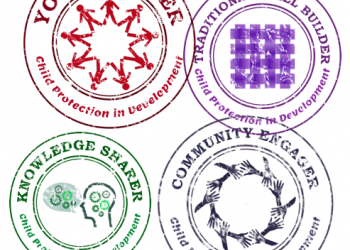WHAT IS CHILD PROTECTION IN DEVELOPMENT?
Child Protection in Development (CPID) is an innovative child protection learning program supporting young people and practitioners working with communities to protect and support the well-being of children and youth.
"CPID is rooted in the lived experience of the practitioner, their community and culture, as well as leading edge research, practice, and experience."
CORE FOUNDATIONS
Our training programs
- Lead with children and youth;
- Start from strengths;
- Build partnerships to expand circles of support;
- Work from the inside-out- from individual to community engagement;
- Use the power of ideas to foster empathetic, evidence based, engaged action; and
- Link community and formal supports.
PROGRAM CONTENT
CPID encourages practitioners to question how they think, learn, frame, and do child protection to support the well-being of children and youth and their families and communities.
In doing so, the programs focus on the development of:
- Self Awareness and Reflection – such as reflective practice, listening, mindfulness and cultivating a practice for self care
- Relevant Knowledge – such as understanding community and government systems that foster well being, holistic child development, human, community, and international development,children's rights and working with vulnerable children, youth and families
- Tangible Skills – such as tools for meaningful engagement with children, youth, families and communities, listening and talking with children and youth, strength-based reflection and inquiry, and building unique partnerships
- Strategies and Approaches for Accountable Action – such as child-centred accountability, rights based indicators, working across systems, effective use of social media, and creativity and innovation
PROGRAM STRUCTURE
Both Child Protection in Development and YouLEAD offer four levels of engagement that increase practitioner's employability and prepare participants for further training/education;
- A community of practice through the IICRD Learning Hub to network and share ideas - online and face to face- on how to lead and support child, youth, family, and community well-being
- A skill recognition stamp program offered in collaboration with community-based organizations and employers or academic institutions to acknowledge the development of skills or capacities that support leadership, child, family and community well-being and culture, and builds knowledge, skills and self awareness and helps young people access meaningful employment and/or post secondary opportunities
- Specialized certificate training offered by IICRD with support from local and global experts, elders, and governement and academic partners. These certificate course are designed for youth workers and practitioners to enhance knowledge, skills, and attitudes in professional practice and are available at three different levels
- Post-secondary accreditation for students enrolled at the Bachelors, Masters, and Doctoral level at Royal Roads University (RRU) or other post secondary institutions. Specialized CPID directed studies and electives courses as well as capstone/thesis supervion are available.
UNIQUENESS OF PROGRAM:
Child Protection in Development and YouLEAD are unique in that they:
- Facilitate a deep understanding of self as a foundation of practice;
- Engage young leaders and practitioners, working with children, youth, families, and communities, as powerful agents of social change;
- Offer evidence-based knowledge, skills, and practices to protect children, youth in the contexts of human, community, and international development;
- Enhance the capacity of practitioners to understand and listen to the lived realities of children and young people in order to inform their actions;
- Link community support systems with formal child and family protection services;
- Support culturally relevant and strength-based solutions to address the challenges facing vulnerable children, youth and families in community;
- Encourage practitioners to create unique partnerships, and exercise innovation and creativity;
- Address both economic and social programming; and
- Foster a sense of community through distance learning, mentorship, face to face residencies, and an on-line learning community.
WHAT TYPES OF JOBS ARE LOOKING FOR THESE COMPETENCIES?
• Youth Worker • Aboriginal Education support worker • First Nation health council worker • Business entrepreneur • Governance worker • Business/Procurement Consultant • Health worker • Child and family service worker • Justice worker • Community development planner • Ministry worker • Community Engager • Public consultant • Economic development planner • Socio-economic assessor / advisor • Education and Training advisor • TEK/TLU Coordinator (Traditional Ecological Knowledge and Traditional Land Use • Employment advisor or coach • Youth employment counsellor • Family preservation worker •
BC and Ontario Programming is
supported by the Counseling Foundation of Canada in
collaboration with youth networks, communities,
Government Ministries and Academic programs!







